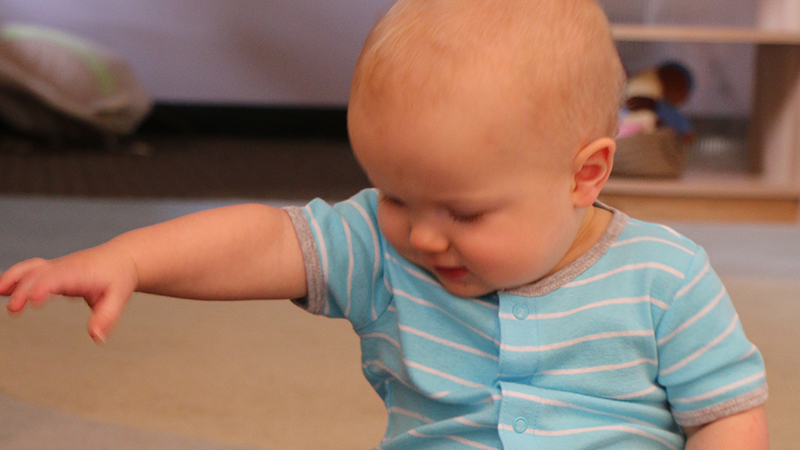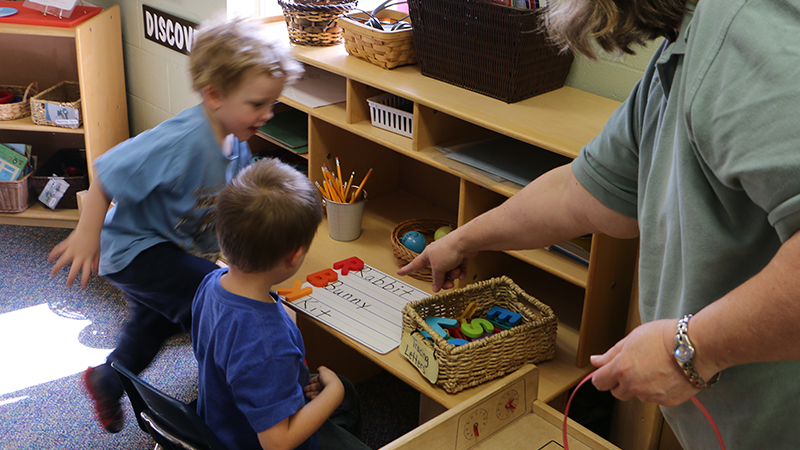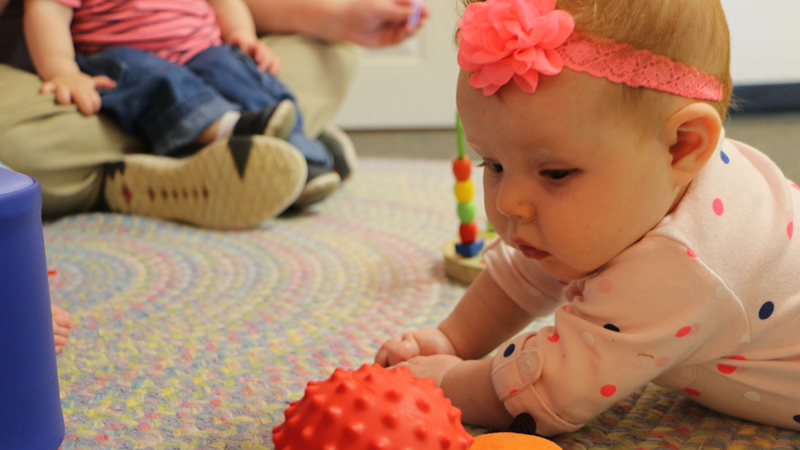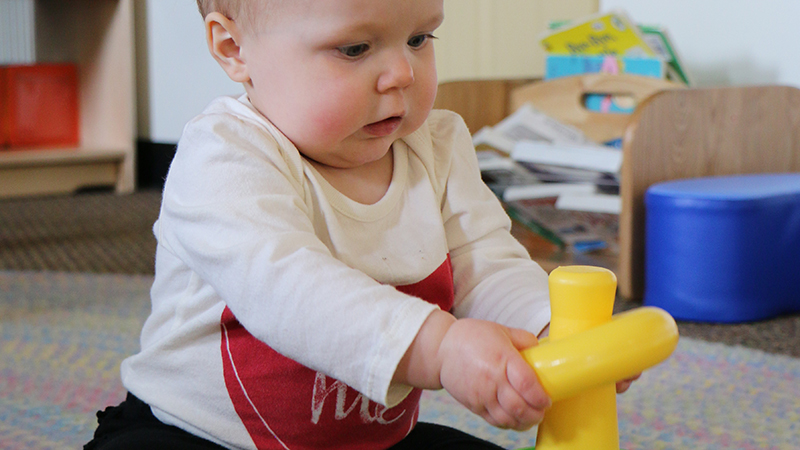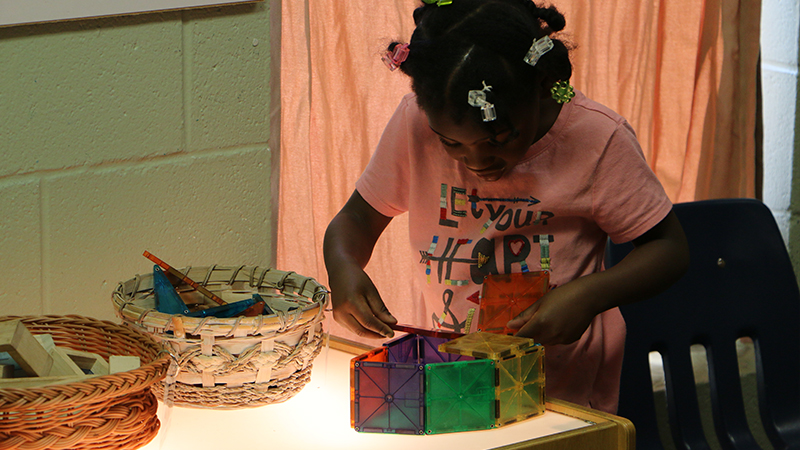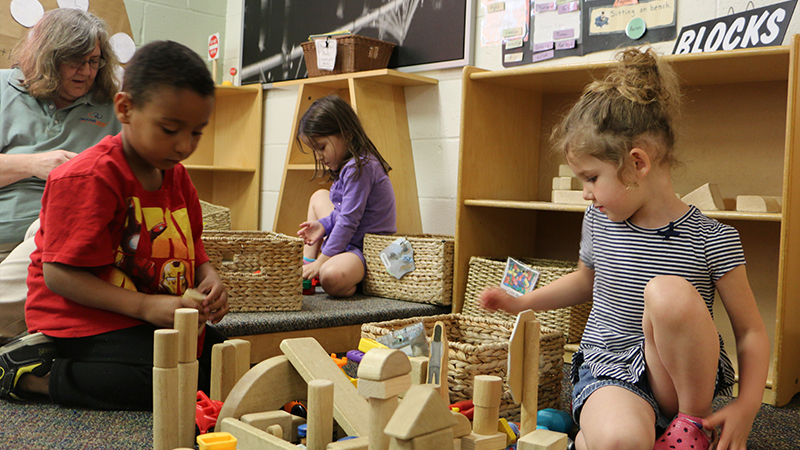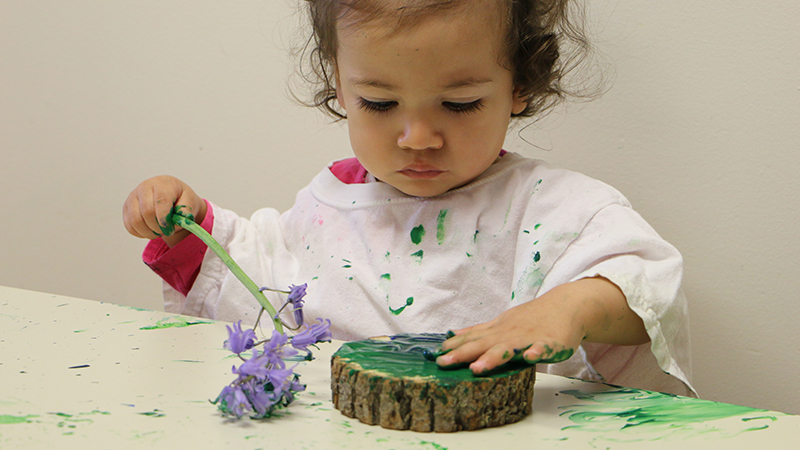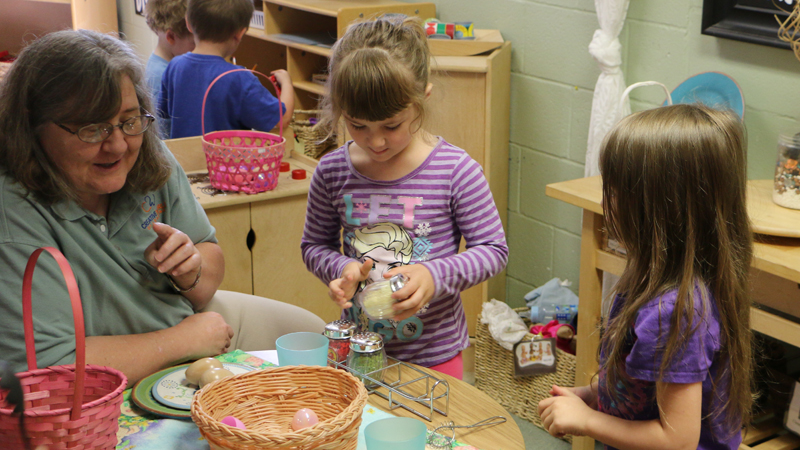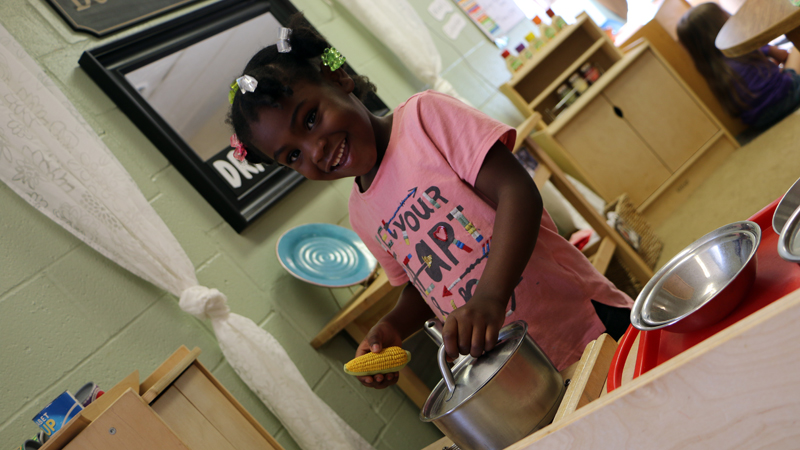Preschool-child routines play a very crucial role in a child’s early years. They help children feel safe and secure by fostering a sense of stability in their world. Consistent routines for a child not only provide a comforting structure but also promote their emotional and cognitive growth. By establishing such routines, parents and caregivers can support the development of children in many ways. In this blog, we are going to learn about how these daily patterns benefit young lerners and hearts.
Why Are Childcare Routines Important?
When children know what will happen next, they feel calm. This helps to reduce stress and anxiety as they know what to expect. Thus, this will eventually help in the overall emotional development of the child.
Consistency in daily schedules also helps children understand the concept of time. They learn about the notion of what is morning, afternoon, and evening. Additionally, they will get to know when it is time to eat, play, or sleep. This kind of understanding of time can help them feel more in control.
Routines also help children with basic transitions. Transitions generally refer to times when we move from one activity to another. Some children find this hard to do. However, if they have a routine, transitions can become easier to adopt. This is due to the fact that they will know what to expect next. As a result, they can move smoothly from one activity to another.
Benefits of Child-Consistent Routines
#1 Cognitive Growth
Consistent routines can help support cognitive growth too. Cognitive growth means how children think, learn, and understand. Children learn a lot of skills when follow a routine. For example, a bedtime routine can help children learn the steps of getting ready for bed. They might brush their teeth, put on pajamas, and then get ready for a story. This can eventually help them understand sequences and how to follow steps in a consistent manner.
#2 Helps To Develop Social Skills
Routines help children learn social skills and also help in child brain development. This is due to the fact that when children follow a routine, they learn to cooperate and share. For example, during playtime, children might take turns using toys. This will help them learn how to get along with others.
Moreover, routines can also help children learn responsibility. This is because when children know their routines then they can start to do things on their own. For example, they might put away their toys after playtime. This helps them feel responsible and independent.
#3 Physical Development
Structured routines can generally help support physical development, too. For example, a routine that includes outdoor play can help children get some good exercise. This helps them build strong muscles and stay healthy. Furthermore, a fixed bedtime routine can also help children get enough sleep, which is very important for their physical growth.
How to Create a Child-Consistent Routine
Creating a routine is not that hard. You need to start by thinking about your child’s day. What activities do they do? What times do they do them? Then, make a list of these activities and the preferred time at which these activities will happen. For example, a simple schedule for your child might look like this:
- Wake up
- Eat breakfast
- Bath Time
- Playtime
- Snack time
- Outdoor play
- Lunch
- Nap time
- Snack time
- Playtime
- Dinner
- Storytime
- Bedtime
You can change the schedule to fit your child’s needs. The most important thing is just to be consistent and make them follow the same schedule every day.
How to Stick to a Fixed Routine?
Sometimes, it is hard to make your child stick to a particular routine. Here are some tips to help:
Firstly, some things accidentally might change in the routine, and that’s okay. So, make them go back to the routine as soon as you can. Additionally, add fun activities to the routine. This will help to keep your child interested and engaged throughout the day.
Next up, you should also try to talk to your child about their routine. Explain what will happen next. This will eventually help them understand and follow the routine. Last but not least, it takes time to get used to a new routine. Therefore, be patient with your child and yourself.
Conclusion
Fixed routines are very important for young children as they help children learn social skills, build good habits, and support physical development. So, are you looking for a nurturing environment where your child can grow from infancy to toddlerhood? At Creative World of Learning, we follow routines that help support the emotional and cognitive growth of the child. So, contact us today and see how our structured approach can make a difference in child behavior and early development.















